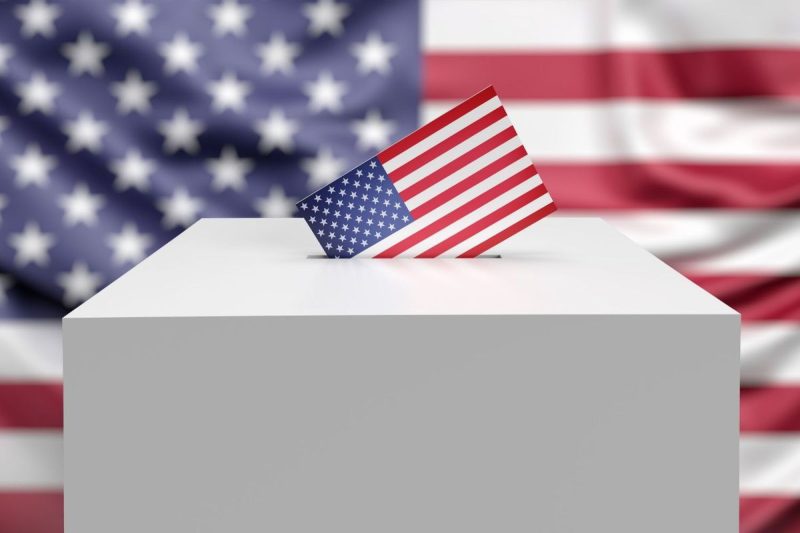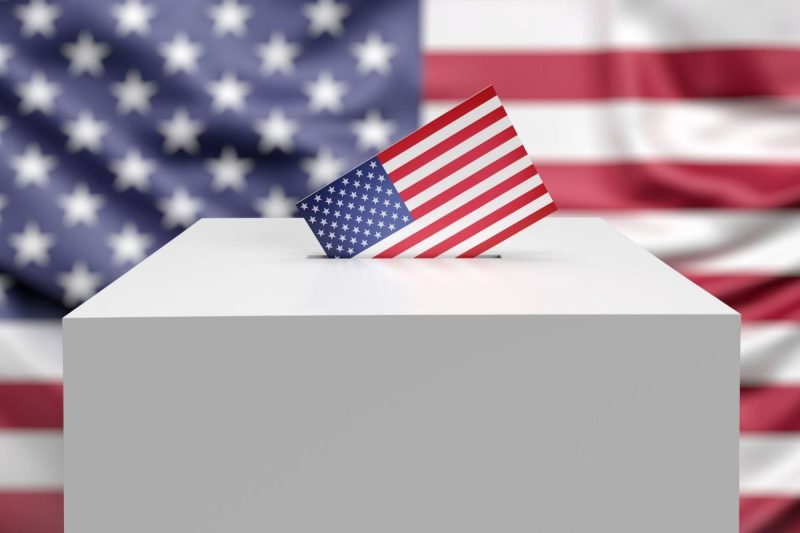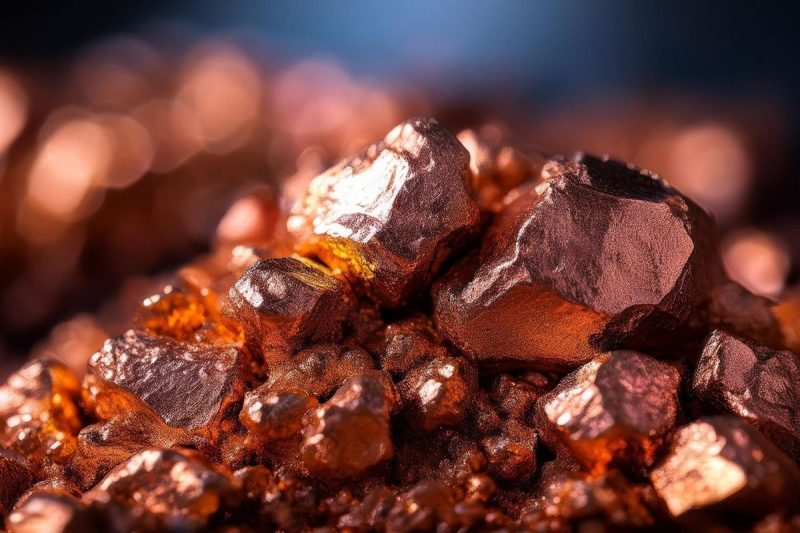Trump’s Return: Experts on What it Means for Mining, Oil/Gas and Clean Energy



With protectionist views and a mandate to “make America great again,” what does another Donald Trump presidency mean for the domestic and international resource sectors?
During his first term in office, Trump focused on deregulation and energy independence, aiming to boost American oil, gas and coal production while rolling back environmental protections.
As he prepares to lead the US for a second time, experts are already speculating that Trump will pursue similar policies, providing support for the mining and energy sectors, but stalling clean energy efforts.
Drill, baby, drill? Oil, gas and mining under Trump
The president-elect is likely to take an “America first” approach to many of his policy decisions. This protectionist approach has been viewed as supportive of the US fossil fuel and mining industries, prioritizing energy independence and economic growth through expanded oil, gas and coal production.
There has also been speculation that he could ease environmental regulations, expedite drilling permits and encourage domestic mining for critical minerals — all of which would help the US resource industry.
Offering insight into how the 47th president may impact the oil and gas sector, Matthew Cunningham, editor at FocusEconomics, said oil prices may get a boost as supply declines and US demand rises.
“On the supply side, Trump could tighten sanctions against oil producers Iran and Venezuela, a strategy he pursued during his last mandate; on the demand side, Trump could scrap regulations and tax credits encouraging the production of electric vehicles (EVs), in turn raising demand for gasoline and therefore crude oil,’ he explained.
The Republican Party first used the ‘drill, baby, drill’ mantra in 2008, and during his campaign the president-elect was quick to adopt the idea in his approach to the US oil and gas sector. “Trump is also vocal about wanting to boost domestic crude production, stating if he were ‘a dictator for a day,’ he would use his power ‘for drilling and for closing the border,’ though government policy typically only has a limited impact on US output,” said Cunningham.
Drilling could also refer to mining, a topic Trump has also spoken on during the campaign season. At a July rally in Minnesota, he told the crowd he would repeal a Biden-era 20 year mining ban in the state.
“We will end that ban, in about, what do you think, in about 10 minutes, I would say about 10 to 15 minutes, right Pete?” Trump said, referring to Pete Stauber, Minnesota’s Republican representative.
“Tonight, I pledge to Minnesota miners that when I am reelected, I will reverse the Biden-Harris attack on your way of life and we will turn the Iron Range into a mineral powerhouse like never before,” he added.
Increasing US uranium supply is an issue that has garnered support on both sides of the aisle.
During his previous term in office, Trump called for the creation of a US uranium reserve, outlining plans to spend US$150 million annually on U3O8 purchases. The earmarked funds were part of his proposed 2021 budget, which failed to come to fruition as Trump lost the 2020 presidential race to current President Joe Biden.
This time, the president-elect could allocate more money to the domestic stockpile.
“Luckily, uranium is one of the few things that both Democrats and Republicans can agree on — we’ve actually gotten surprisingly bipartisan support,” said Gerardo Del Real, co-founder of Digest Publishing and editor of Daily Profit Cycle. “So regardless of who ends up winning this election, I think there’s nothing, but bright days ahead in the uranium sector.’
To increase supply and ensure energy security, Trump could repeal a Biden-era uranium-mining ban near the Grand Canyon. In August 2023, the Biden administration designated Baaj Nwaavjo I’tah Kukveni a national monument, protecting over a million acres from uranium mining to preserve Indigenous sites and water resources.
With Trump soon to return to office, some wonder if his pledge to revise the Antiquities Act under the Project 2025 playbook will mean fewer protections for Baaj Nwaavjo I’tah Kukveni and other areas.
Ultimately, a second Trump administration could expand mining and drilling on US federal lands, potentially affecting parks and protected areas. While supporters are pointing to the benefits of securing energy independence, critics are warning of environmental damage and risks to wildlife and Indigenous lands.
Protectionism may boost US EV supply chain
Although Trump has spoken out against about EVs in the past, some market watchers believe his strong opposition toward China may ultimately benefit the US battery metals supply chain.
There has been speculation that Trump will look to levy 10 percent or higher tariffs on a wide range of Chinese imports. Given that the Asian nation is a leading producer of EV batteries, and the primary refiner for many in-demand EV materials, it’s possible such tariffs will bode well for domestic supply chain growth in the US.
“On the supply side, future federal funding for the development of a domestic supply chain may be more frugal following a Trump outcome, but his administration’s stance remains quite anti-China, and developing a domestic supply chain would remain aligned with this ideology,” Megginson explained in his comments.
Jack Bedder of Project Blue said he will be watching for regulation changes that could impact the cobalt supply chain.
Also speaking about cobalt, Roman Aubry, cobalt pricing analyst at Benchmark, noted that a Democrat win would likely be “better” for long-term demand for cobalt. Now that Trump has secured the White House, the expert will be watching what the new administration does regarding the Inflation Reduction Act (IRA).
“Although a Trump victory is unlikely to lead to repealing the IRA, he has been critical of the EV industry previously,” Aubry said. “Furthermore, changes to the (foreign entity of concern) thresholds could further limit tax credits to other foreign countries in an attempt to bolster the US domestic market as part of his ‘tough on China’ approach.”
Trump seen slowing energy transition
Looking at the energy transition more broadly, experts are already suggesting that while Trump may impede the shift, he won’t stop it entirely. While federal incentives might face challenges, the clean energy momentum driven by state policies, corporate commitments and economic factors will likely keep growth on track, albeit at a reduced pace.
“There is no denying that another Trump presidency will stall national efforts to tackle the climate crisis and protect the environment, but most US state, local, and private sector leaders are committed to charging ahead. And you can count on a chorus of world leaders confirming that they won’t turn their back on climate and nature goals,” Dan Lashof, US director of the World Resources Institute, said in a press release following the election results.
He went on to state that Trump’s return to office is unlikely to stop US clean energy growth, which has accelerated through bipartisan support for wind, solar and battery projects spurred by recent federal investments.
Leaders across political lines see clean energy as economically beneficial and a strong job creator, and Trump could face bipartisan resistance if he attempts to dismantle these incentives.
Lashof also pointed to the mounting toll of climate disasters. As of November 1, the US had experienced 24 “weather or climate disasters” for the year, with each resulting in more than US$1 billion in damages.
Securities Disclosure: I, Georgia Williams, hold no direct investment interest in any company mentioned in this article.



